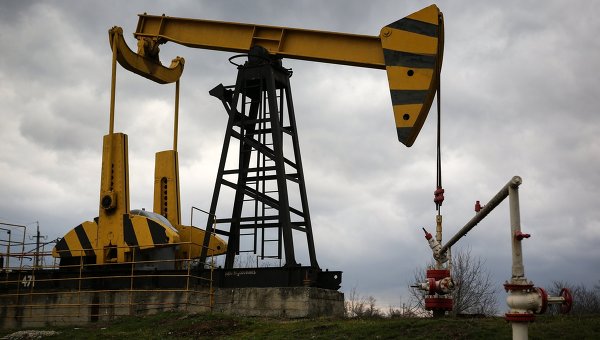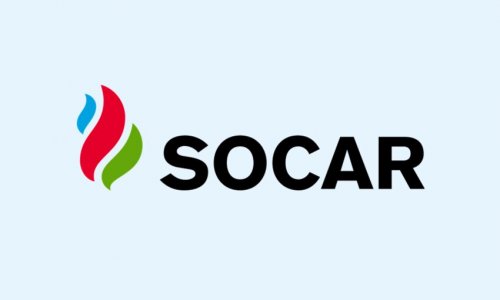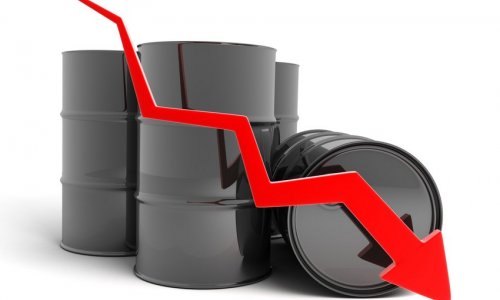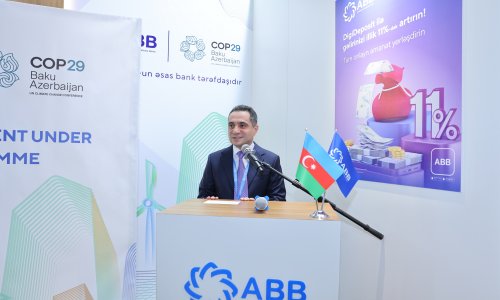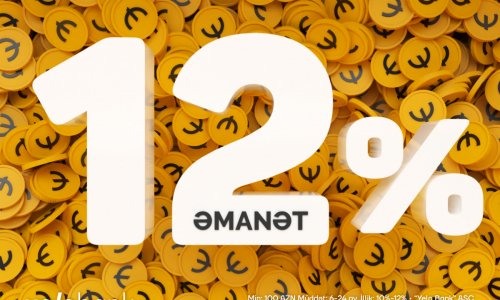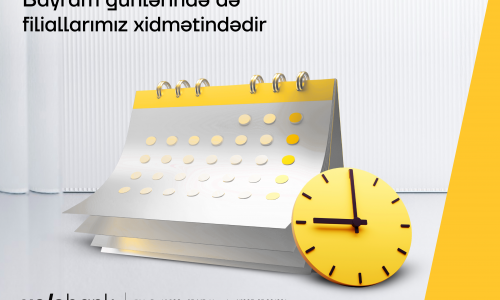Iran, which is still committed to boost its oil production, put the deal on oil output freeze under a big question, Ole Hansen, Head of Commodity Strategy at Saxo Bank believes.
"The big question remains whether a deal can be struck given that key players such as Iran still reserve the right to continue to increase production,” Hansen told Trend.
He believes, that if a deal was to be struck it would initially be taken positively as the first sign that OPEC members are actually able to support the price by more than verbal intervention.
The informal OPEC meeting is expected in late September in Algeria. It is expected that the talks on oil production freeze will be held between OPEC and non-OPEC countries.
The meeting will be held at the fringe of the International Energy Forum in Algiers from 26-28 September. The forum will bring together ministers, CEOs, international organizations like OPEC and the IEA, and experts from 73 countries.
Earlier, Saudi Arabian Energy Minister Khalid Al-Falih said that the is willing to proceed with a production freeze.
"We in Saudi Arabia, are watching the market closely, and if there is a need to take any action to help the market rebalance, then we would, of course in cooperation with OPEC and major non-OPEC exporters," Reuters quoted Al-Falih as saying.
Hansen noted that crude oil has stabilized following the short-covering surge sparked by Saudi freeze comments.
Further upside above $50 likely to be limited ahead of September which has been a challenging months for the past five years, he said.
Oil prices fell over one percent on Monday after the US dollar jumped, with markets pressured as Iraq's production rose and as Iran said it would only cooperate in talks to freeze output if fellow exporters recognized its right to fully regain market share, Reuters reported.
Brent crude futures LCOc1 were trading at $49.22 per barrel, down 70 cents, or 1.4 percent, from their previous close.
US WTI crude was down 75 cents, or 1.6 percent, at $46.89 a barrel.
www.ann.az
Follow us !

